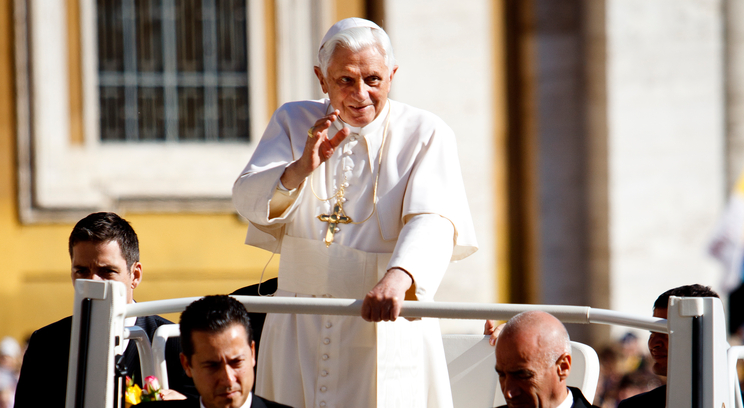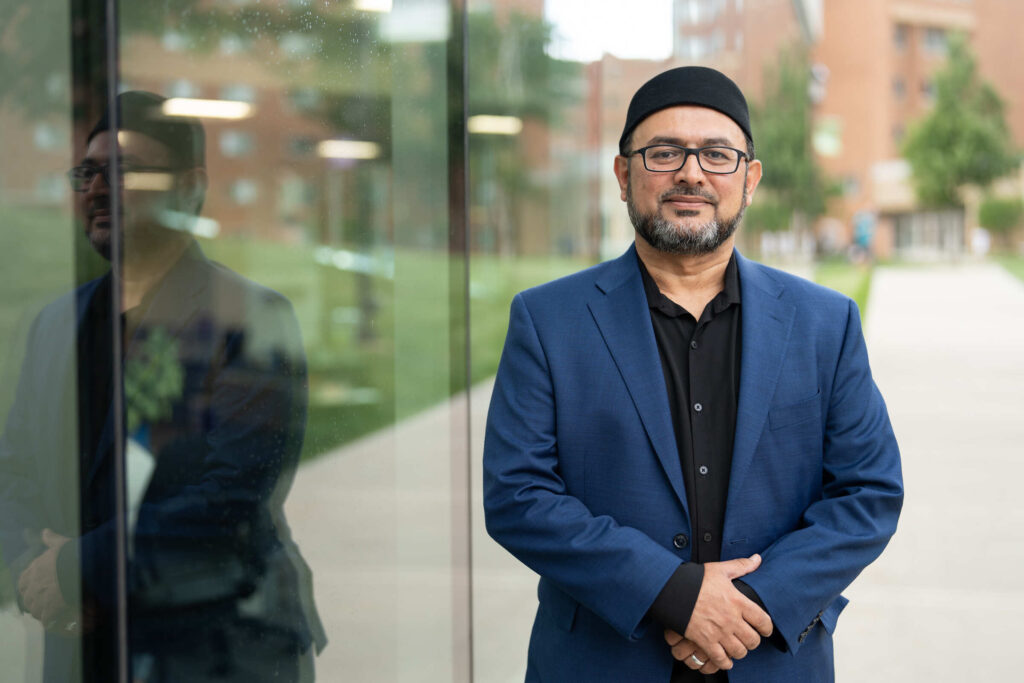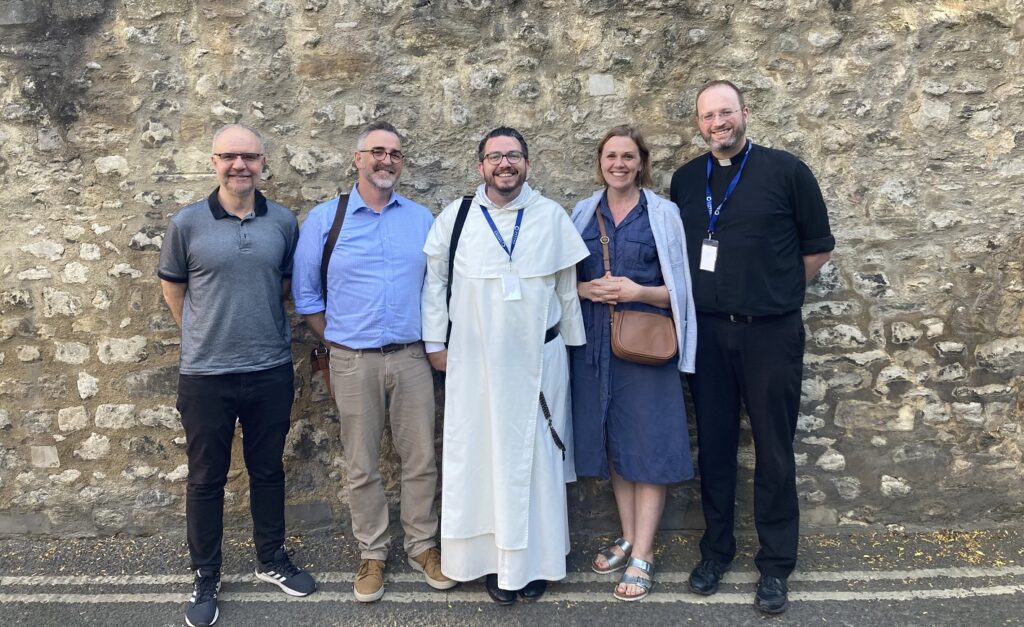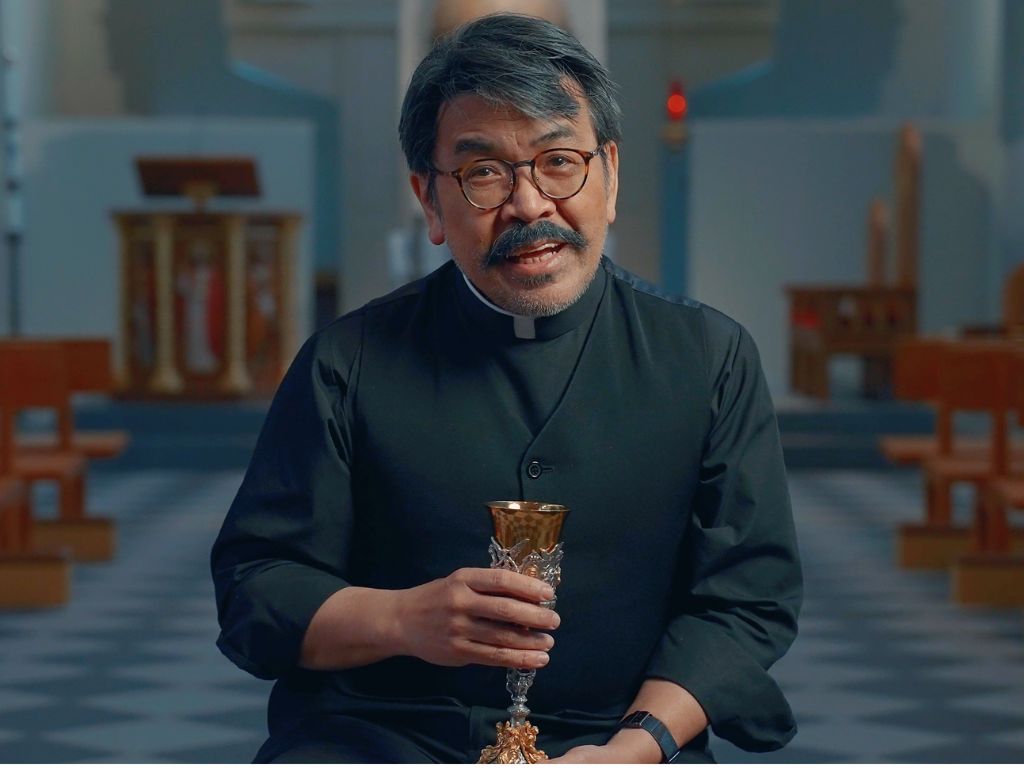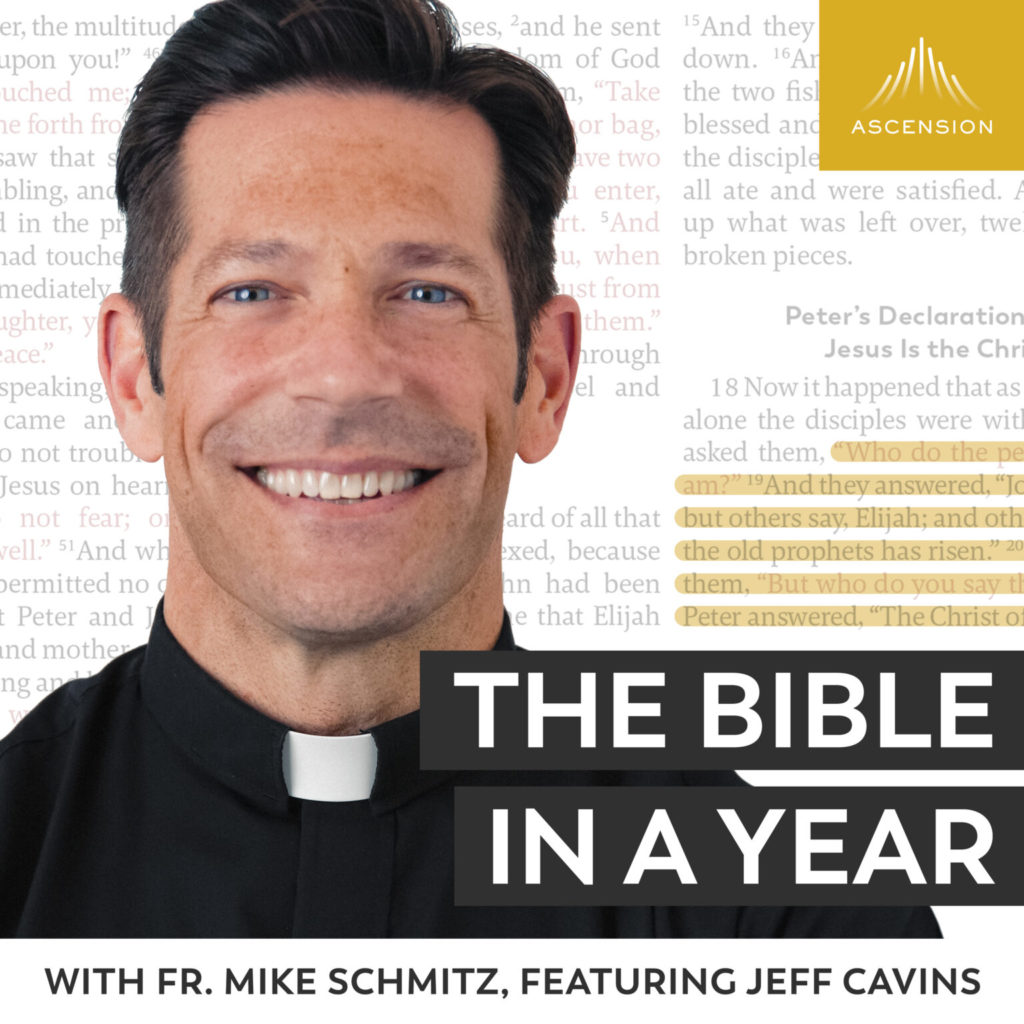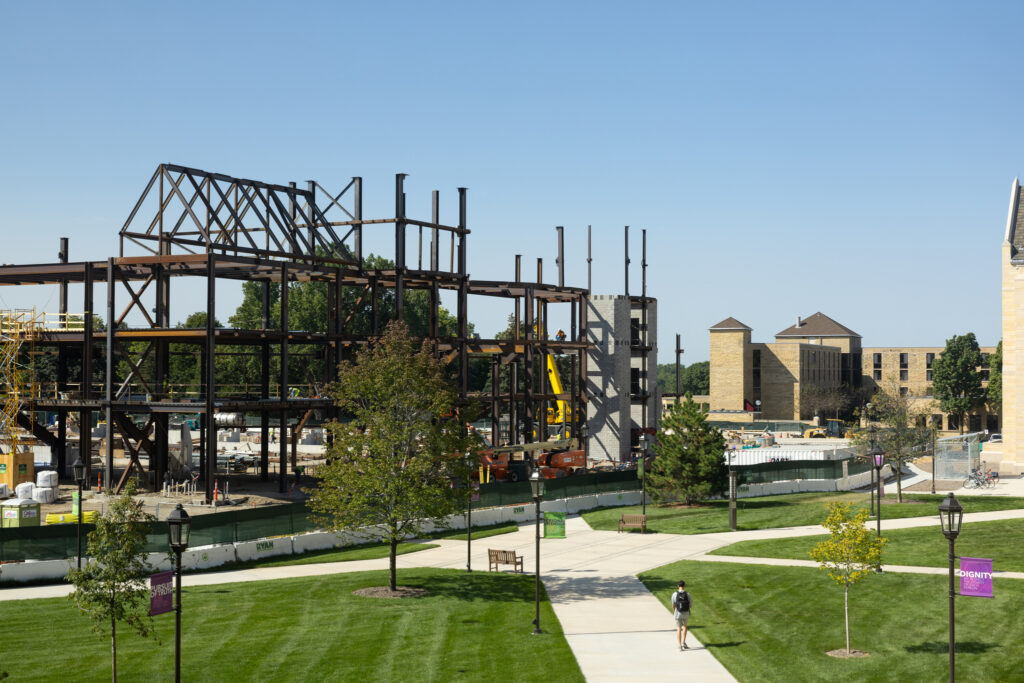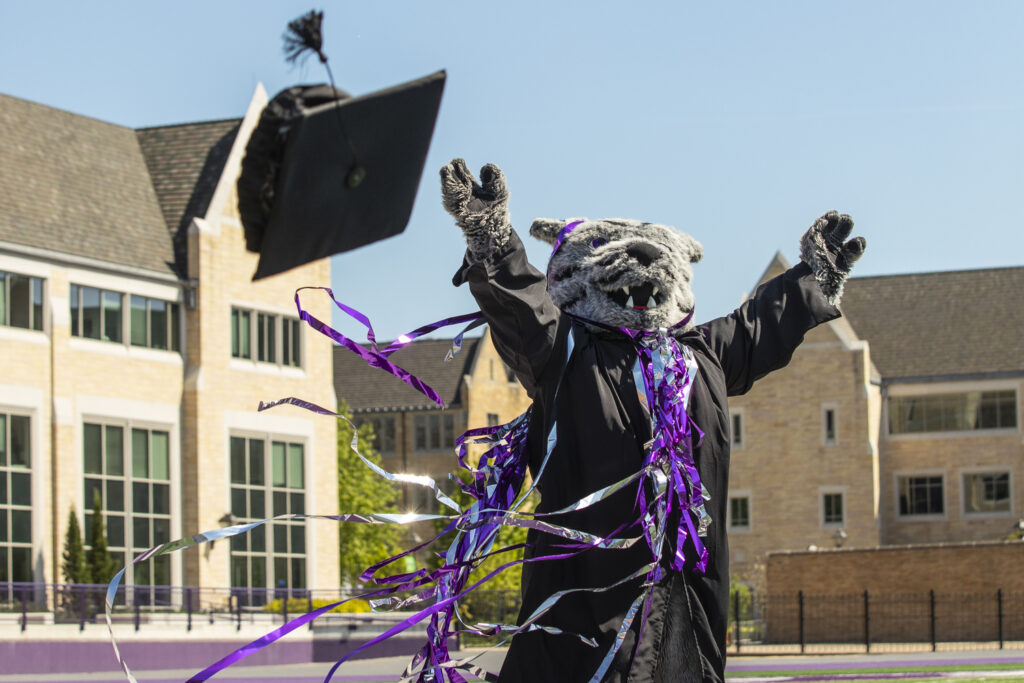Joseph Ratzinger came to the University of St. Thomas in 1984 to preside at the dedication of the new Saint John Vianney College Seminary building. There were a number of events associated with that visit, including a Mass for the campus and an open conversation with faculty from the philosophy and theology departments. I also was asked to arrange a meeting for him with theology majors.
The atmosphere was fairly charged at the time and reactions had been strong following the recent publication of The Ratzinger Report in which for perhaps the first time many American Catholics began to recognize both the clarity of Ratzinger’s convictions about the need for renewal in the Church and the subtlety of his theological insights which, despite the already defined caricature of ahistorical conservatism, could not easily be reduced to the language of politics.
Years later I spoke with one of those theology majors who was struck by the unexpectedness of Ratzinger’s emphases, especially his prophetic emphasis on the importance for the Church of the future of China.
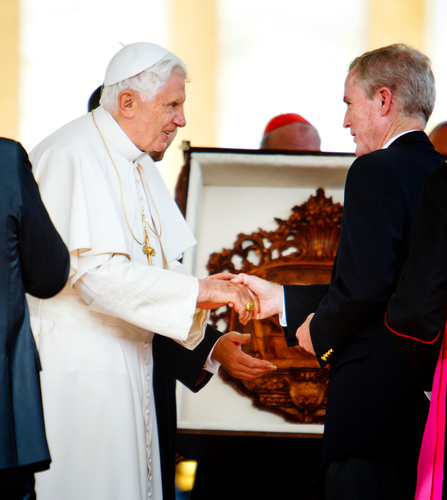
Pope Benedict XVI shakes hands with director of Catholic Studies Don Briel. (Photo by Mike Ekern '02)
I have seen Ratzinger occasionally since that first encounter, including a few times since his election as Pope Benedict XVI in 2005. In October 2010, I had an opportunity to speak with him about our shared interest in the life and thought of John Henry Newman following a general audience. Again, unexpectedly, he reminded me that he was an alumnus of St. Thomas, having received an honorary doctorate from Father Dease in New York.
As I think of his legacy, I am reminded of his calm and prayerful expression of the papacy in a time of extraordinary turbulence, a time for which in some ways he was ill-equipped to respond but in other ways for which his papacy has been uniquely providential. Of course, his papacy will not escape the sad aftermath of the clerical abuse crisis, but the integrity of his own response to that crisis also is memorable.
As expected, he placed a strong emphasis on addressing the amnesia of European culture about its Christian roots, and in remarkably sophisticated presentations in London, Paris, Berlin and Rome he reminded secular governments about the essential role of faith in modern democratic assumptions and insisted that faith could not be reduced to a private principle and excluded from civic life. He forged unexpected relations with atheistic and agnostic public intellectuals like Marcello Pera and Jürgen Habermas, who testified to the dangers to the common good and to the human person in certain instrumental political developments in modern culture. As pope, his emphasis on the role of faith in the modern world led Ratzinger to a number of interreligious and ecumenical gestures despite his refusal to accept a lowest common denominator approach to interreligious dialogue.
In the end, the insight of the scholar pope that the new evangelization must proceed not on the grounds of disputation but in the invitation to love, Deus Caritas Est, shaped a new understanding of the vitality of orthodoxy, not as a safe middle between the extremes of traditionalists and progressives but as a vital alternative to their frozen fascination with political accounts of the Church.
Renouncing the papacy, so unconservative in obvious ways, is another example of the unexpectedness of this man, this pope, whose humility, whose life of prayer, whose deep appreciation of beauty in the Church and in the world, whose deep knowledge of the mystery, the profundity and the limits of the papal office, will finally be expressed in a retreat into contemplation and devotion.
As legacies go, Joseph Ratzinger is not easily ignored.
Don Briel is the director of the Center for Catholic Studies and Koch Chair in Catholic Studies.
